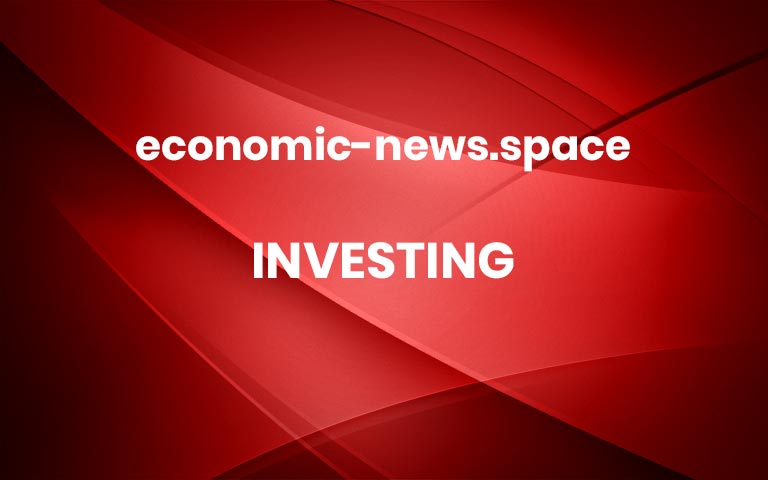What tariffs mean for car prices: ‘There’s no such thing as a 100% American vehicle,’ auto expert says

New tariffs on imported goods will eventually drive up costs for vehicles in the U.S.
Carmakers and sellers may have to bear some of the added costs instead of fully passing it onto consumers, experts say.
It may take time for such changes to happen. Here’s what to expect.
Professionalstudioimages | E+ | Getty Images
President-elect Donald Trump has been vocal about potentially raising tariffs on imported goods, which experts say could bump up car prices.
Trump has talked about implementing an additional 10% tariff on Chinese imported goods, as well as adding tariffs of 25% on all products from Mexico and Canada. On Friday, Trump told the European Union it must reduce its trade gap with the U.S. by purchasing oil and gas, or it could face tariffs as well.
Tariffs are taxes on imported goods, paid by U.S. companies that import those goods.
Tariffs have the potential to disproportionately affect auto prices because materials used to assemble a vehicle come from different parts of the world. Some components even cross U.S. borders multiple times before they even get to the factory, according to Ivan Drury, director of insights at Edmunds.
“There’s no such thing as a 100% American vehicle,” said Drury. “There’s so much complexity, even though it’s a seemingly straightforward thing.”
Component tariffs could add $600 to $2,500 per vehicle on parts from Mexico, Canada and China, according to estimates in a Wells Fargo analyst note. Prices on vehicles assembled in Mexico and Canada — which account for about 23% of vehicles sold in the U.S. — could rise $1,750 to $10,000.
More from Personal Finance:Some shoppers prefer retail store credit cards despite 30% APRsPaying down debt is Americans’ top financial goal for 2025What the third Fed rate cut in 2024 means for you
If tariffs are enacted, the sticker price drivers pay at the dealership will eventually go up, experts say. But carmakers and sellers may have to bear some of the costs, too.
“The cost will spread across all stakeholders: automakers, dealers and consumers,” said Erin Keating, executive analyst at Cox Automotive. “No one company is going to dump all of that expense directly on their consumers.”
Here’s what to know.
Why cars may incur more tariffs than other goods
The automotive sector’s supply chain is unique because some pieces move back and forth across international borders while the part is built and assembled, experts say.
“People don’t really know where their vehicle is built and how it’s assembled from parts across the entire globe,” Drury said.
Take a steering wheel, for example. Electronic sensors or other parts that go into the steering wheel come to the United States for assembly from countries like Germany, Drury said. The steering wheel is then sent to Mexico for stitching, only for it to come back to the U.S. to be installed in the vehicle.
Vehicles could have “incrementally more tariffs applied” compared with other products, given the supply chain, said Keating.
If tariffs add to the manufacturing cost, automakers can’t risk passing on the entire tab to the shopper, experts say.
Carmakers and dealers may have to “bear some of the burden,” Drury said. “If you look at how expensive vehicles could get with those tariffs, there’s no way they’re going to be able to move as many [cars].”
There is, however, a silver lining — a lot of cars that will be on the lots in early 2025 have already been assembled or are currently being made, further adding to next year’s available supply, Keating said.
What car shoppers can expect in 2025
Car shoppers in 2025 are unlikely to see prices that factor in new tariffs, experts say. Baseline prices will be about the same, and dealers are likely to offer more incentives to pull in buyers next year.
The average transaction price for new cars is expected to hover between $47,000 and $48,000, according to Keating. As of November, the average price was $48,724, 1.5% higher from a year before, per Kelley Blue Book data.
While the average price is higher than pre-pandemic levels, “the good news is it’s relatively stable. We’re not vacillating all over the place,” Keating said.
As of December, average auto loan rates for new cars are at 9.01% while borrowing costs for used vehicles are at 13.76%, per Cox Automotive. The average rates for both types of loans are down about a full percentage point from a 24-year high earlier this year.
“We expect that consumers may see even lower rates by spring, which would create the most normal and favorable buying environment since 2019,” Jonathan Smoke, chief economist at Cox Automotive, wrote in the report.
For now, experts are optimistic for the auto market next year as inventory and deal opportunities grow.
“Tariffs or no tariffs, there will be more incentives,” Drury said. More

